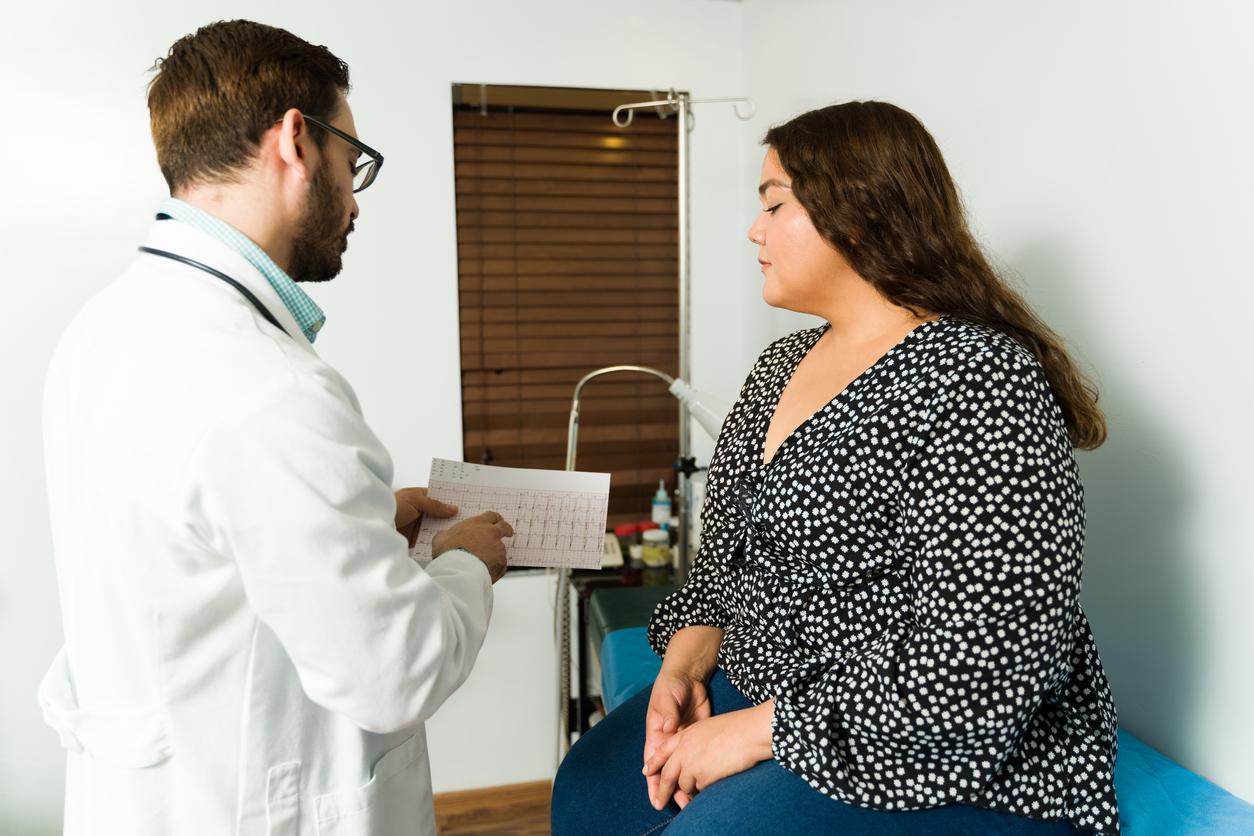The answer is no. According to a poll on the hygiene of Europeans, the French are cleaner than some of their neighbors.

- This is the first time that a survey has compared hygiene levels in different European countries.
- The survey also shows that young French women (18 – 24 years old) are the most adept at no bra, or not wearing a bra, in Europe.
Clichés die hard. Since the 17th century, the French have been known “filthy”. Yet, according to a Ifop study*, we would be cleaner than our European neighbours. “Conducted among 5,000 people in the five largest European countries (Spain, Italy, France, Germany, United Kingdom), this instructive survey paints a picture of post-Covid hygienic practices in which the French are far from appearing as the worst studentsconclude its authors.
“National Hygienic Cultures”
One of the first questions asked by pollsters concerns the toilet: “In general, how often do you perform a complete toilet, that is to say a complete washing of your body and your face? 4% of Europeans answered that they bathe thoroughly less than once a week. 71% of Europeans answered yes, but in detail, the answers vary according to the country. In France, 76% of people questioned make this complete daily wash, compared to 53% of Italians and 68% of Britons. “The low rate of “complete” daily washing observed in Italy is not necessarily symptomatic of poor hygienehowever tempers François Kraus, of the Opinion and Business Strategies Department of Ifop. Indeed, it is undoubtedly due to a specific national hygienic culture marked, among other things, by the still widespread use of the bidet for the hygiene of the private parts (genitals, anus) but also of the feet and the hair..”
Clothes, not always very clean
On the other hand, as far as underwear is concerned, the clichés about French hygiene seem rather accurate. The proportion of French people changing their underwear daily is the lowest in Europe: 73%, compared to 82% in Spain, 79% in Germany or 77% in Italy. According to François Kraus, this could be linked to ancient practices, inherited from the time when washing clothes was more complex. “Despite the considerable progress observed since the post-war period (e.g. generalization of washing machines, access to cheap underwear), many seniors therefore continue to have hygienic practices similar to those they experienced at a era”, notes the specialist. Conversely, 93% of women change panties every day.
A link between hygiene and sexual life
The survey also shed light on the links between body and clothing hygiene and the degree of sociability and sexual activity. “The survey results show that the people most concerned about their hygiene are often those who have the most partners or sexual intercourse”, says the report. 49% of virgins say they don’t shower every day, and 48% of people who haven’t had sex in the past month say the same. “Similarly, the absence of a daily change of underwear is much more frequent among sexually inactive men (30%) than among those having more than three reports per week (21%)”explain the authors of the survey.
Regarding hygiene before or after intercourse, there is no “gender gap when studying the profiles of people who wash systematically “Before” or “After” sexual intercourse”. They are slightly less likely to wash before or after intercourse,”perhaps because they know that it is not medically necessary to fight, for example, against the risk of infections, fungal infections and other irritations”suppose the authors of the poll. However, women are more likely to go to the bathroom after coitus, which follows the “medical recommendations aimed at combating female urinary tract infections”.
Study @IfopOpinion : Are the French really the dirtiest in Europe? For the 1st time, a study comparing body and clothing hygiene in vogue in the main euro countries. shows that the clichés about their lack of cleanliness are for many unjustified pic.twitter.com/NPoiBSBeyT
— Ifop Opinion (@IfopOpinion) August 30, 2022
*Ifop study for XloveCam carried out by self-administered online questionnaire from June 21 to 27, 2022 with a sample of 5,039 people representative of the population of Italy, Spain, France, Germany and the United Kingdom. Uni aged 18 and over.















